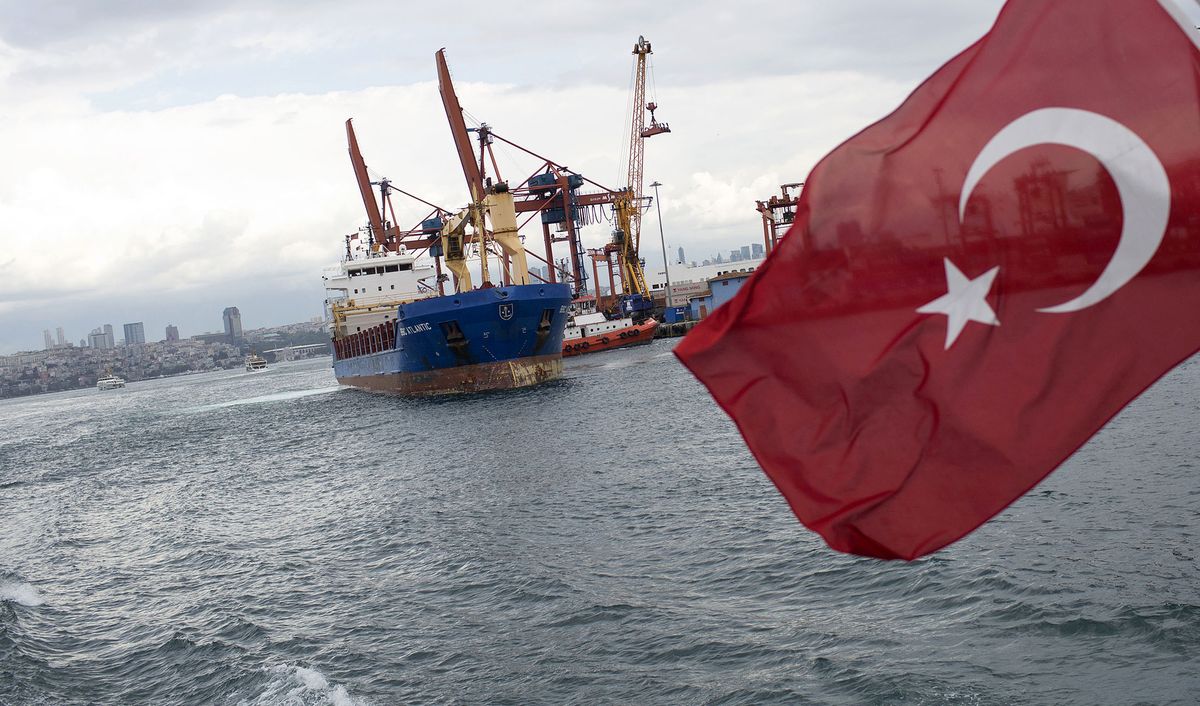
Ankara: A state of emergency took effect in Turkey as the government pursues those responsible for a failed weekend coup, and top officials sought to reassure investors after stocks fell and the lira hit a record low.
“There will be maximum sensitivity on economic freedom,” deputy prime minister Mehmet Simsek told NTV television on Thursday. “We will use powers under the state of emergency in a measured way, and the only aim is to clear government institutions” of coup supporters, he said.
Though emergency powers came into effect at 1 a.m. local time on Thursday, Turkey’s parliament will meet at 2 p.m. to debate and vote on the measure as required by the constitution.
The country won’t be under military rule, and army units will take orders from provincial governors, President Recep Tayyip Erdogan said in Ankara on Wednesday, after a day of meetings with top generals on the National Security Council followed by the cabinet. There’ll be no backsliding from democracy and no pause in economic reforms, even as the “virus” of the coup-plotters is wiped out, he said.
Thousands of army officers, judges and prosecutors have been detained since the attempted putsch by a faction of the armed forces collapsed on Saturday, leaving almost 250 people dead after a night of aerial bombardment and street battles. A wider purge is under way that encompasses universities, schools and the civil service.
The government will use its enhanced powers in the interests of democracy, and “there will be no restrictions on rights and freedoms,” Erdogan told a rally on Wednesday night.
Erdogan has accused the US-based Islamic cleric Fethullah Gulen of orchestrating the coup, and urged the Obama administration to extradite him. Gulen has denied any involvement. A formal extradition request hasn’t been submitted, amid signs of strains between the NATO allies.
Emergency powers
Emergency rule, which was in force in parts of Turkey’s largely Kurdish southeast until the last decade, allows the government to issue decrees with the force of law and suspend rights. According to the presidential press office, if parliament approves the decrees, they can’t be overturned even by the Constitutional Court - the country’s top tribunal.
Other special provisions include longer detention of suspects without trial.
Turkey’s allies, including the US and European Union nations, have condemned the military uprising while also warning that reprisals should be measured. Erdogan’s government was already under fire from rights groups for suppressing media criticism and interfering with courts. But Turkey also plays a vital role in the US-led fight against Islamic State and the EU’s attempts to halt the westward flow of Syrian refugees.
Emergency rule “must be limited to an absolutely necessary duration and then be lifted immediately,” German Foreign Minister Frank-Walter Steinmeier said in a statement on Thursday. “This is in the interest of Turkey itself, since anything else would damage the country and weaken Turkey, internally and externally.”